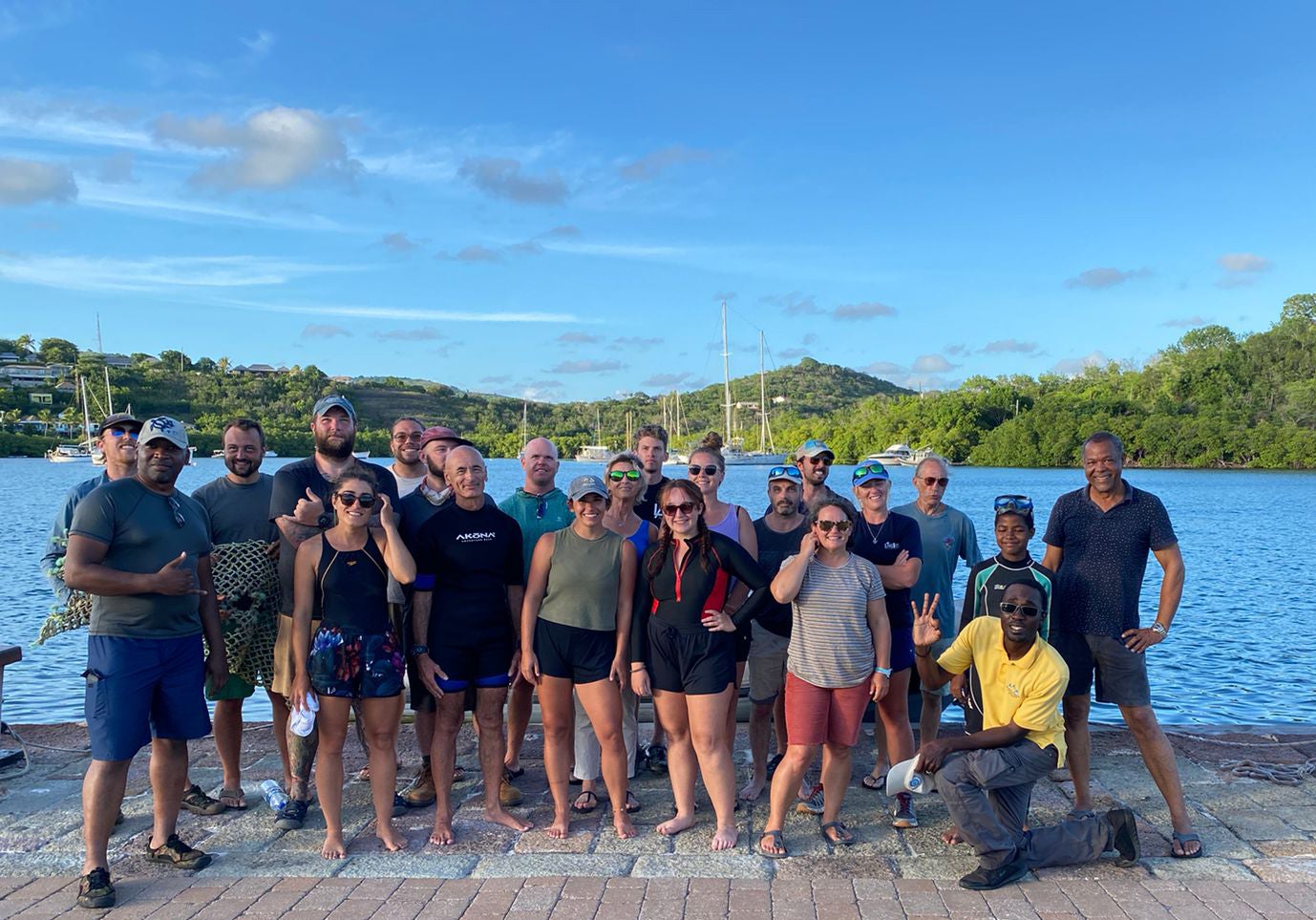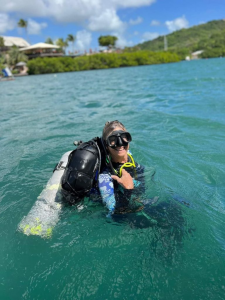
Dr Lynn Harris (PI) is a Professor at East Carolina University’s Program in Maritime Studies, Department of History since 2008. She received her BA and an Honors graduate degree in Archaeology at Stellenbosch University in South Africa. She has an MA in Maritime Studies from East Carolina University and a Ph.D from University of South Carolina. Harris has worked for the Archaeology Unit of South African Museum, the National Monuments Council (now South Africa Heritage Resources Agency), and for 13 years with the Underwater Archaeology Division of the South Carolina Institute of Archaeology and Anthropology at the University of South Carolina. In South Carolina she also taught history, archaeology, and anthropology courses at the Citadel Military College, the College of Charleston and Trident Technical Community College. Dr. Harris has worked on maritime archaeology projects and led field schools or study abroad programs in the US, Australia, Thailand, South Africa, Namibia, Costa Rica, and Dominican Republic. The time period range from pre-historic, to colonial and modern period topics like vernacular watercraft.
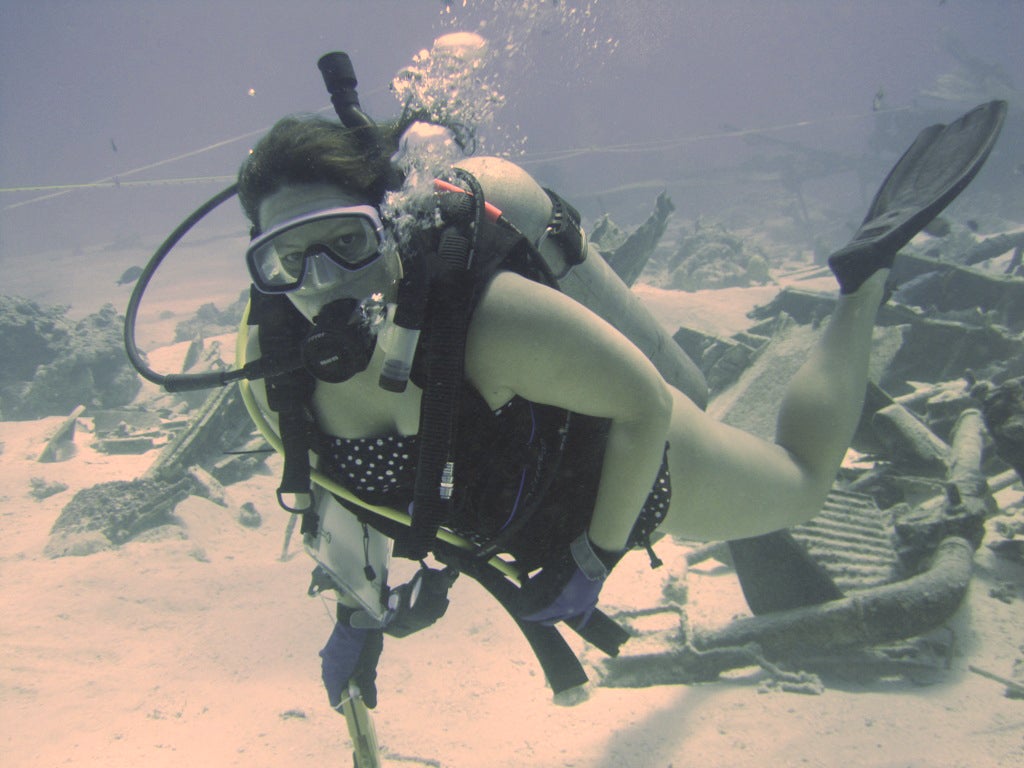
Dr. Jennifer McKinnon (Co-PI) is a Professor at East Carolina University’s Program in Maritime Studies, Department of History. Dr. McKinnon received her B.A. in Anthropology from the University of Florida and her M.A. and Ph.D. in Anthropology from Florida State University. After working as a Senior Underwater Archaeologist with Florida’s Bureau of Archaeological Research, Dr. McKinnon moved to Australia where she taught in Flinders University’s Program in Maritime Archaeology in South Australia. Dr. McKinnon has worked in the US, Australia, the Pacific, Europe, and the Caribbean on sites ranging from the colonial period to WWII.
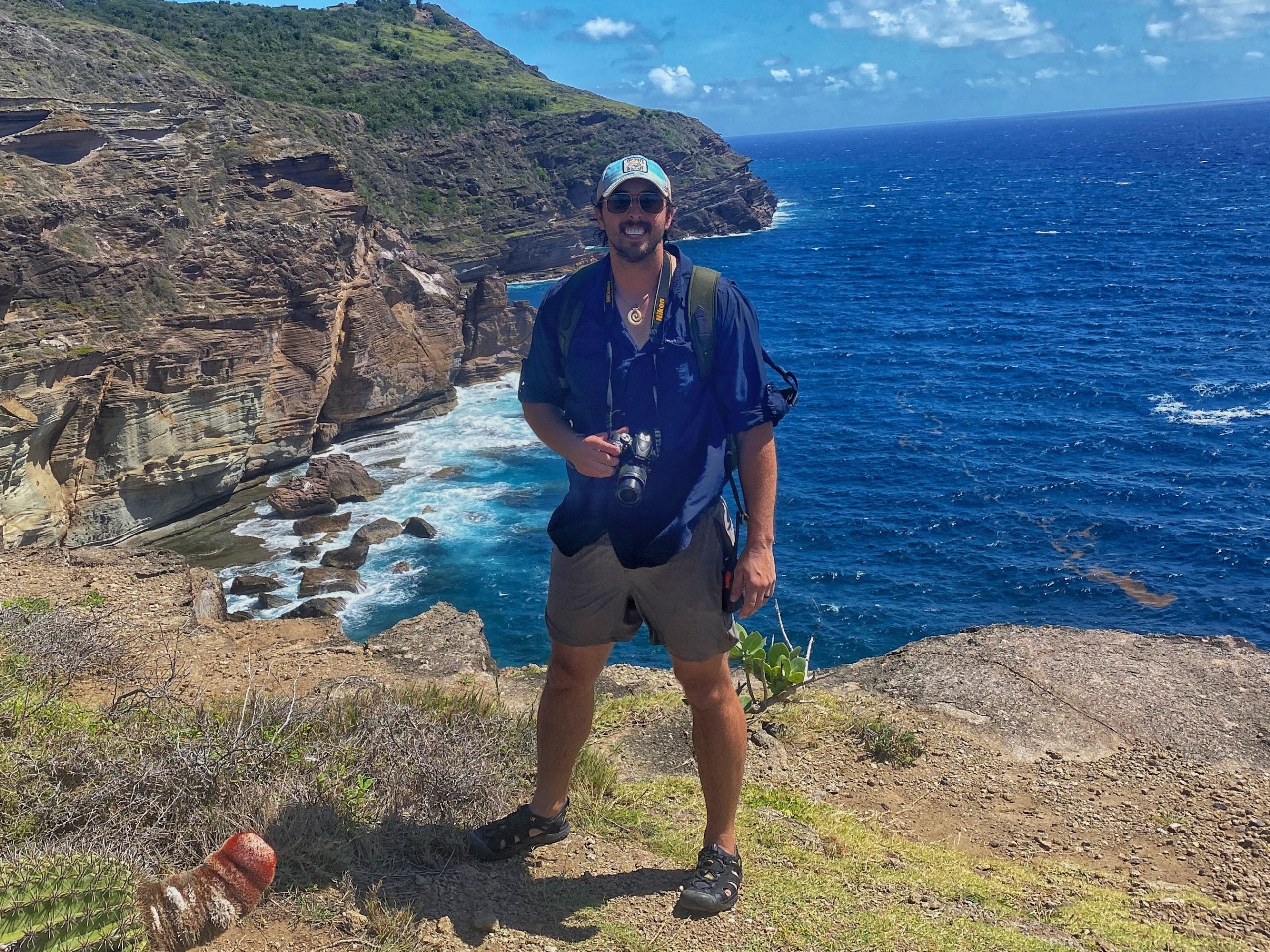
Jeremy Borrelli (Staff Archaeologist) is the Staff Archaeologist at East Carolina University’s Program in Maritime Studies, Department of History. Jeremy received his B.A. in Anthropology from SUNY New Paltz, and his M.A. in Maritime Studies from East Carolina University. Before joining ECU, he worked as a maritime archaeologist for the Queen Anne’s Revenge Shipwreck Project at the QAR Conservation Laboratory and NC Underwater Archaeology Branch. Over the past decade Jeremy has worked on archaeological projects in North Carolina, New York’s Hudson Valley, the Great Lakes, Africa and the Caribbean. His research interests include 18th and 19th century maritime history, the archaeology of ports, harbors, and landing sites, digital and 3D documentation methods, maritime landscape studies and public archaeology.
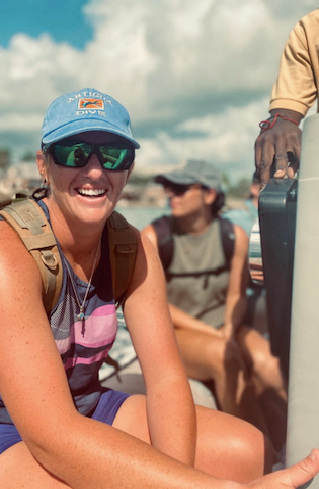
Logan Willis is a second-year graduate student in the Maritime Studies program at East Carolina University and a member of the North Carolina Army National Guard. In 2020, she completed her bachelor’s in History and minored in Coastal and Marine Studies at ECU. While earning her undergraduate she was one of the first to attend the Coastal Studies Institute for a semester at the coast. It was there that she studied and became passionate about accelerated sea level rise and its negative impact on the underwater cultural heritage in the Cape Hatteras region. Her research interests lie in military history, cultural impacts from U-boat activity on the North Carolina coast, World War Two, shark fisheries, and the management of shipwrecks.
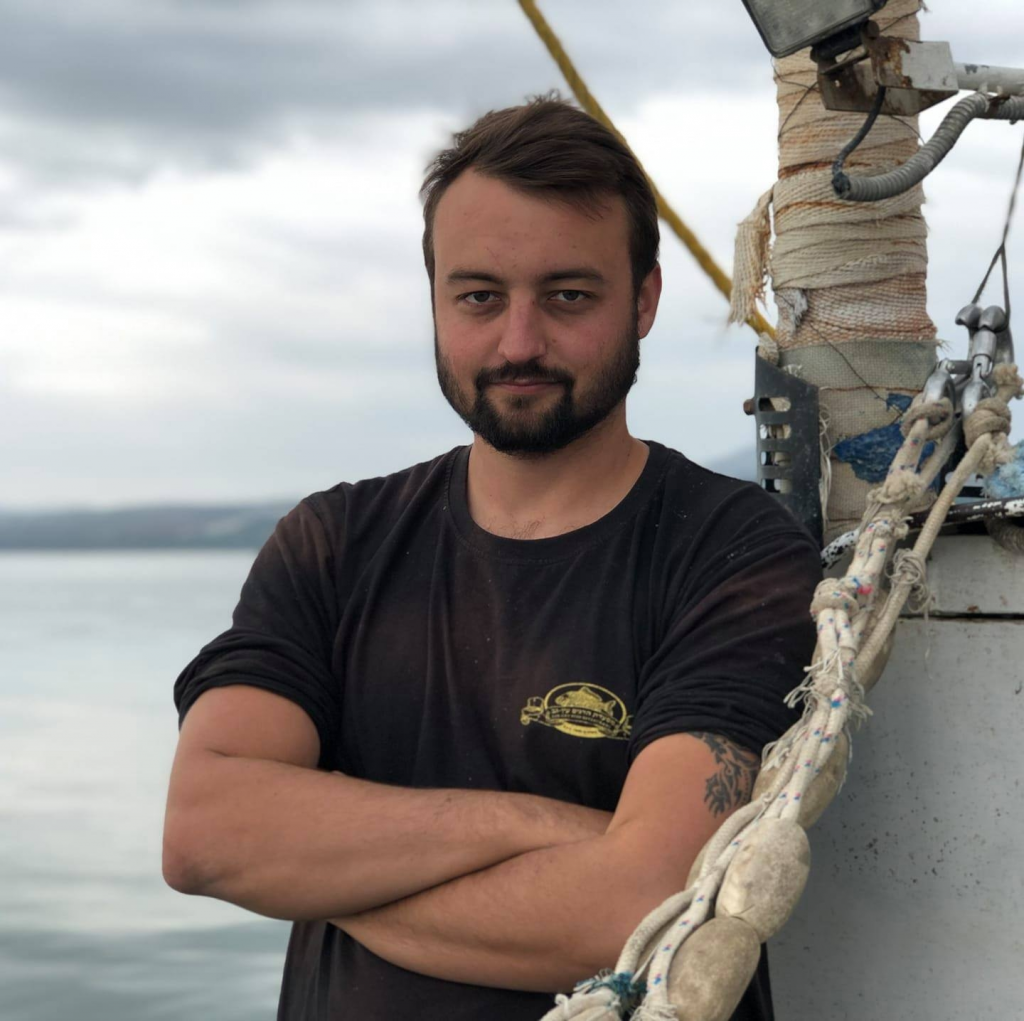
Daniel Schaefer (D.J.) is from Waukesha, WI. From 2012-2017 he served as an infantryman in the US Army with the 101st Airborne Division. Upon leaving the military, he studied in Israel for two years and worked as a fisherman on the Galilee Sea. He then returned to the US to finish his undergraduate degree at the University of Wisconsin-Madison. While studying at UW, he worked as a historian with The University of Wisconsin Missing in Action Recovery and Identification Project. The Project works to recover, identify, and repatriate MIA U.S. service members by conducting annual field excavations and year-round research assistance to families of missing service members. In May 2021 he completed his undergraduate studies with a BA in History and minors in Classics and European Studies. His research interests at ECU include WWII and continued efforts for MIA recovery. His thesis focuses on the effectiveness of Japanese radar during the Battle of Saipan and related submerged US aircraft wrecks.
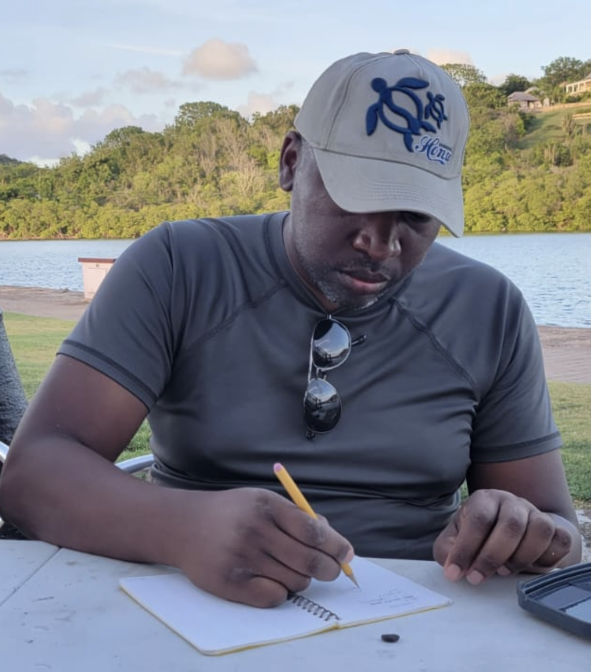
Levi Holton is originally from Southern Maryland and graduated from the University of Maryland, Global Campus with a BA in Computer and Information Science. Recently retired from the US Navy, Levi has been stationed in Japan, Maryland, Hawaii and Virginia. During his time in service, he took advantage of opportunities to volunteer and expand his knowledge of archaeology by joining groups such as the Maritime Archaeology and Historical Society, Society for Hawaii Archaeology, Archaeological Society of Maryland, and the Archeological Society of Virginia. Now that his naval service is complete, he wants to study the African Diaspora with an emphasis on the maritime environment to magnify the unique cultural traditions, artifacts, and contributions of the African Diaspora that history has overlooked.
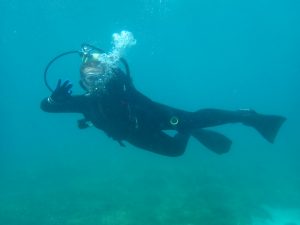
Katelyn Rollins is a second-year graduate student in the Maritime Studies Master’s program. She is originally from Broken Arrow, Oklahoma where she enjoyed her time as an intern at the local museum there. She received her Bachelors in Archaeology at the University of West Florida with minors in Honors and Art History. During her time there she completed an eight-week, terrestrial and maritime field school of the Pensacola Bay area, including a 16th century Spanish shipwreck. Her current research interests lie within Ancient Egyptian watercraft iconography and how watercraft were used as intentional symbols of power in dynastic Egypt.

Ian Dunshee is a second-year graduate student in the ECU Program in Maritime Studies. Originally from Des Moines, Iowa, he graduated with a BS in Anthropology, a BA in French, and a GIS Certificate from the University of Iowa in 2016. Since then, he has worked in different regions to broaden his professional experience. Some of these include helping to preserve iron mining heritage in northern Minnesota with the Conservation Corps and Minnesota DNR, conducting a Fulbright-sponsored prehistoric rock art digitization project in the Lesser Antilles, and most recently working as a GIS specialist and CRM field archaeologist in the southwestern United States. Ian hopes to continue his research in Caribbean archaeology and digital archaeological methods development and is currently undertaking a project to thoroughly document tool marks on shipwreck timbers using advanced imaging methods like Reflectance Transformation Imaging, most notably on material from Blackbeard’s flagship Queen Anne’s Revenge.
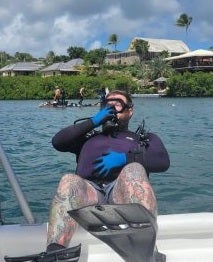
Raymond Phipps is originally from Dallas, Texas but has lived throughout the Southeastern United States. He served six years in the United States Army as a helicopter electrical technician and armament specialist. In 2016, he attended and graduated from Georgia Southern University with his Bachelors in History and a minor in Anthropology. Currently, he is a second-year graduate student in East Carolina University’s Maritime Studies Program. His current research is focused on the examination of the United States Revenue Cutter Bear and the modifications made to it over its 90-year career. To do this he is utilizing Rhinoceros 7 CAD software to create digital models of the vessel to show these changes.
Dayan Weller grew up in the Monterey Bay area, where he developed an interest in the ocean and maritime history at an early age. He attended Cabrillo College, where he decided to pursue archaeology as a career and eventually enrolled in the 2014 field school on Santa Rosa Island & in Nipomo, CA and began working in CRM shortly after. He transferred to UC Santa Cruz where he graduated with a B.A. in Anthropology in 2018, and continued to work on CRM projects until moving to Greenville, NC to begin the Maritime Studies graduate program at ECU. His primary research interest is commercial whaling, and ultimately he hopes to work on the history of the shore whaling industry in central California.
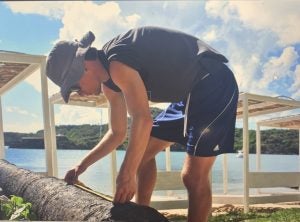
Nicholas Baker is a second-year student within the Maritime Studies Program at ECU. Nick completed a BA in History with a Secondary Teaching License at the University of North Carolina Wilmington. He works within the Queen Anne’s Revenge Laboratory, where he pursues his interests in navigational instruments and ammunition used aboard Queen Anne’s Revenge. During the Fall 2022 field school, Nick contributed an extensive dataset of all cannons within Nelson’s Dockyard, indicating their locations, origins, and present-day functions. Nick also participated in excavating the Tank Bay Wreck, sifting through all dredge spoil to identify small artifacts from the wreck.

Olivia Livingston earned her Bachelor of Arts in anthropology with a minor in Spanish at Transylvania University in Lexington, Kentucky. While at Transylvania University, Olivia was able to do both terrestrial and maritime work. Olivia did historic and urban archaeology around Lexington, while also being able to work for Cultural Resource Analysts, Inc. as a lab technician. Along with this, she explored the world of maritime archaeology through projects in St. Vincent and the Grenadines and the Kentucky River. Once at East Carolina University, Olivia has participated in two field schools, working at the Mallows Bay-Potamic National Marine Sanctuary and Nelson’s Dockyard National Park. Her thesis research is in the backyard of ECU, focusing on the maritime infrastructure and reconstruction of Castle Island in Washington, North Carolina.
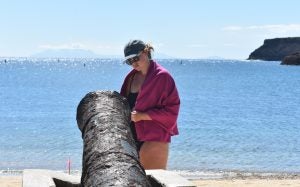
Madison “Madie” Elsner graduated with her B.A. in Anthropology and a minor in History from California State University, Sacramento. She is a second-year graduate student. Her thesis topic is ship iconography on stelae used in votive context in Carthage. Madie’s interests are in the Mediterranean, specifically the Phoenicians and their colonies.
